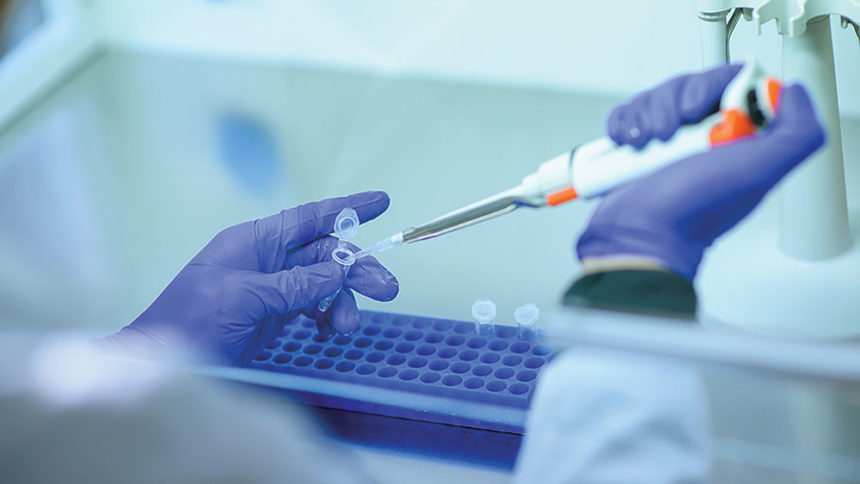
The Food and Drug Administration on Friday alerted healthcare providers and lab staff that it is monitoring approved SARS-CoV-2 molecular tests to ensure that new viral mutations do not alter their accuracy.
“The FDA is taking additional actions to ensure that authorized tests remain accurate by working with test developers and conducting ongoing data analysis to evaluate all currently authorized molecular tests,” the agency said in a statement. “All viruses mutate over time, and although vigilance is necessary, the agency believes the risk that these mutations will impact overall testing accuracy is low,” it concluded.
If a mutation occurs in the part of the genome assessed by a particular test, then a false negative result can occur, the agency explained. Agency scientists are keeping watch on new variants, including some that appear to be spreading quickly. These include the B.1.1.7 variant, which was first detected in the United Kingdom and has since popped up in the United States. There is also a similar variant that’s now prevalent in South Africa. The U.K. has re-imposed COVID-19 lockdown measures with the hope of quelling the spread.
Molecular tests have been used to confirm positive results from rapid antigen tests provided to nursing homes and assisted living communities during the pandemic. Long-term care operators have been advised by the Centers for Disease Control and Prevention to confirm positive antigen test results with a molecular test such as reverse transcription polymerase chain reaction (RT-PCR) tests. Confirmation should be complete before making clinical decisions, cohorting residents or excluding healthcare providers from work, the agency said.
The FDA encourages users to report adverse events experienced with molecular tests that detect SARS-CoV-2 to its MedWatch safety reporting program.
In related virus mutation news:
Pfizer vaccine works against coronavirus variant, company says
The Pfizer-BioNTech vaccine is able to target a notable mutation that has emerged in two new, fast-spreading coronavirus variants, according to a BBC report. Many mutations naturally occur in viruses, so the findings are not seen as definitive evidence about how the vaccine will perform, the news outlet said.
CDC: Highly contagious COVID-19 strain likely circulating in many states
A newly detected variant, B.1.1.7, has spread widely in Britain, and has now been found in various U.S. states. It appears to be 50% more contagious than the strain that was detected in Wuhan, China, at the beginning of the pandemic. It does not appear to cause more severe disease, however.




